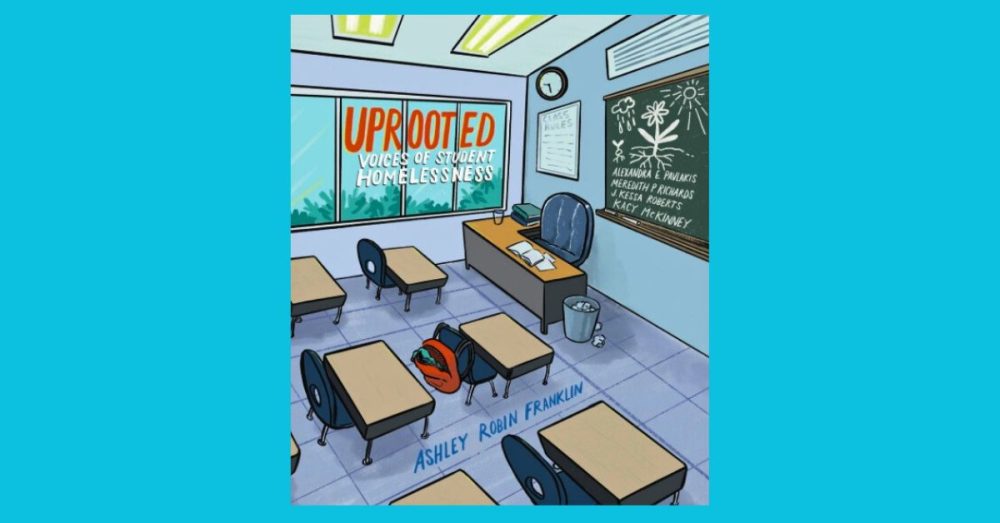Southern Methodist University has found a clever way to bring the topic of student homelessness to a broader audience.
Integrating years of research into a more palatable comic-book format has enabled SMU to widen its audience and appeal and, ideally, inform educators on recognizing students experiencing homelessness to provide assistance through benefits and services.
Researchers from SMU’s Annette Caldwell Simmons School of Education & Human Development authored the comic book Uprooted: Voices of Student Homelessness.
The SMU research team cleverly took advantage of the popularity of the comic book market. According to Fortune Business Insights, the worldwide comic book industry reached a value of USD 16.06 billion in 2023 and is estimated to increase to USD 16.83 billion in 2024 and USD 26.75 billion by 2032.
The research and authorship for the book are credited to Alexandra E. Pavlakis, Associate Professor of Education at SMU’s Simmons School of Education, and J. Kessa Roberts, Assistant Professor at Utah State University’s Emma Eccles Jones College of Education and Human Services. The writing and illustrating are credited to Ashley Robin Franklin, and the book design and editing are credited to Kacy McKinney, Scholar-Artist in Residence at the Homelessness Research and Action Collaborative at Portland State University.
The SMU research team grasped something beyond the data: capturing the reader’s attention in manageable bites is essential to disseminating critical information; otherwise, the message is not adequately absorbed.
The message of homelessness in and around Dallas needs to be received and acted upon.
Currently, around 20,000 students are believed to be facing homelessness in the DFW area, and this estimate is considered to be cautious, noted Richards, per NCB 5 DFW.
Approximately “one in every 20 kids in a school, one kid in every classroom, is gonna be experiencing homelessness,” Richards said.
Some students rest in shelters, cars, or hotels, while most reside with friends or family. Consequently, as Richards explained, people might be unaware that these students are homeless.
Richards told NBC 5 that academic papers fail to “bring alive” what is truly happening to students experiencing homelessness.
“If we can help just one more kid, one more family, one more school, that’s success to us,” Pavlakis told NBC 5.
In April, The Dallas Express covered the State of Homelessness Address for Dallas and Collin Counties. Housing Forward President and CEO Sarah Kahn, the keynote speaker, highlighted disturbing trends in homelessness in Dallas.
“In the shadows of one of the best arts districts in America, there are people who are literally living in tents, storing their belongings in shopping carts, and keeping warm around a fire pit…. And we’re seeing a situation where as housing is becoming more and more unaffordable, people are experiencing homelessness and often getting trapped,” Kahn said.
The Dallas Express conducted a poll and found that around 75% of Dallas voters view homelessness, vagrancy, and aggressive panhandling as “major” problems issues in the City.
The survey also indicated that respondents generally favor the homeless services model known as the “one-stop-shop,” which has been successful in reducing unsheltered homelessness by 77% in San Antonio’s downtown area. Some local stakeholders are considering implementing this model in Dallas, but it’s unclear whether city officials will support this initiative.
To receive your FREE electronic copy of Uprooted: Voices of Student Homelessness, look here.


